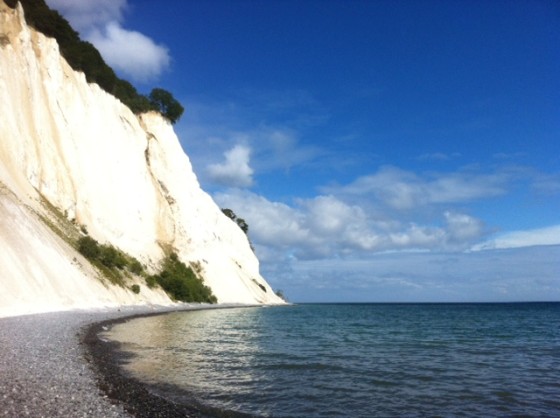Baltic cod in distress: biological changes and challenges for stock assessment
The eastern Baltic cod (Gadus morhua) stock was depleted and overexploited for decades until the mid-2000s, when fishing mortality rapidly declined and biomass started to increase. However, in 2014 the analytical stock assessment failed, leaving the present stock status unclear. A team of researches around the Baltic recently published a new study looking at present knowledge and challenges for stock assessments. Highlighting key questions where answers are urgently needed to better understand the present stock status, with the ultimate goal of improved management of cod stocks in the Baltic Sea. Read more.
Can marine spatial planning benefit spawning for Baltic herring?
The relationship between marine spatial planning (MSP) and fisheries in Europe has often been tension-fraught. A team of scientists from Germany took a deeper look into this relationship. With the aim to try and mitigate this tension by looking at MSP and, depending on how plans are made, these could be beneficial for spawning conditions for the western Baltic spring-spawning herring. Read more.
Are we letting managers off the hook?
Take a dive into the “everyday” work of a fisheries manager. A new study has observed decisions which fisheries assessments scientists and managers are confronted with, such as whether or not to accept that a shift in stock productivity has occurred. This is a question that often comes up when a stock has remained at historically low biomass despite management intervention and when there is an expectation that there should have been a stock recovery. Read more.
Five factors for successful management of natural capital
“Flexibility, trust, visionary key individuals, bridging organisations and a holistic approach which takes into account the whole ecosystem and its multiple values and users: these are five key factors behind successful governance that enhance ecosystem services and enable actors to detect and respond to new challenges, like climate change. This was concluded by a new study by researches from the Stockholm Resilience Centre”.
The three adaptive governance initiatives in the study (cultural landscapes in Kristianstad, Sweden, the Great Barrier Reef in Australia and fisheries of the Southern Ocean) are compared with other conservation efforts such as the EU Common Fisheries Policy, Natura 200 and lobster fisheries in the Gulf of Maine. Read more.
